Halloween: Impact of a Legend.
The genius and impact of the ‘Halloween’ film series.
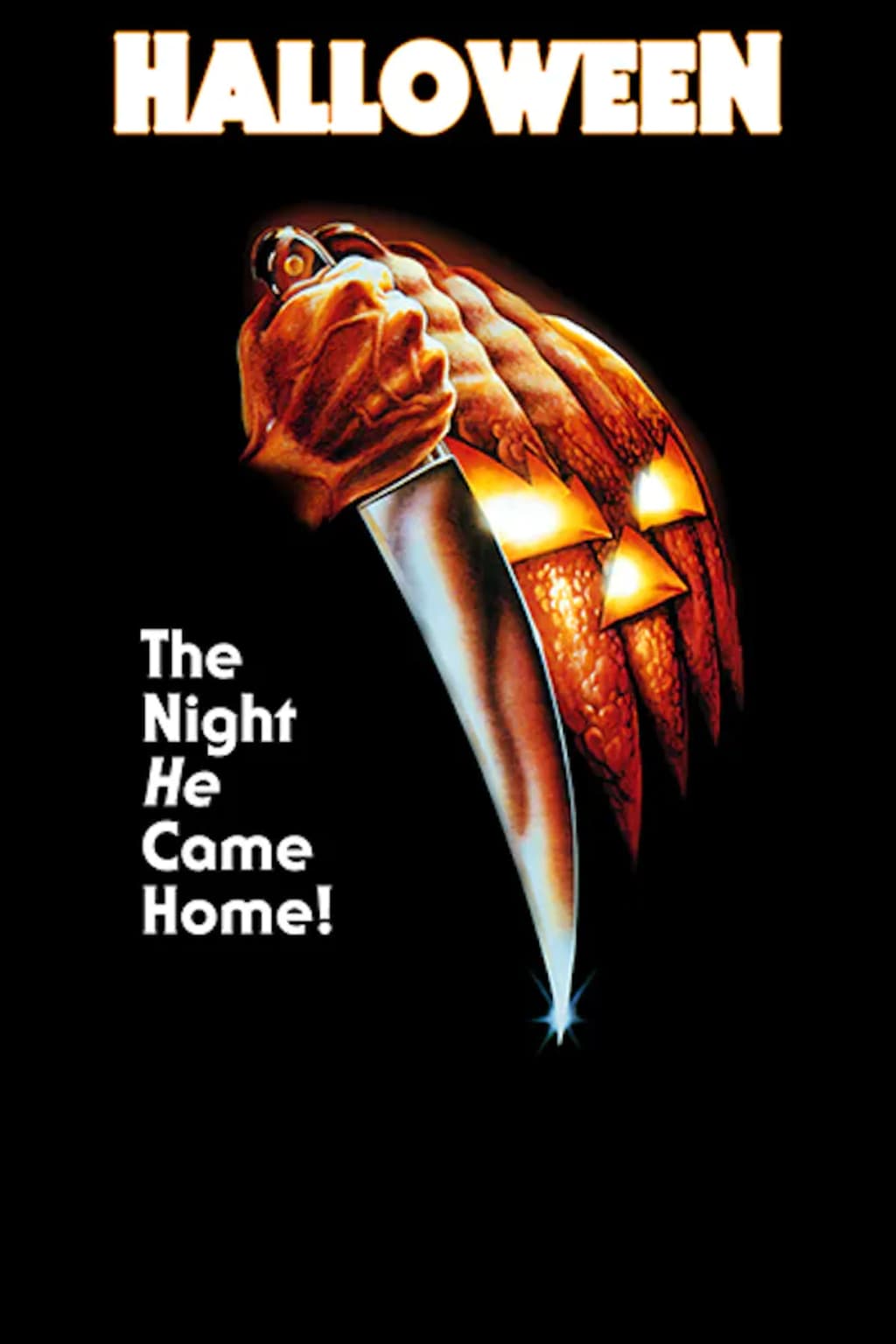
October 25th, 1978 will forever be known as one of the most historical dates in horror film history. It was the day that John Carpenter and Debra Hill released the most defining horror/slasher film of all time, Halloween. If you are a fan of the slasher genre then you need no introduction to the background of Halloween. The legacy of Halloween has transpired over the course of 13 films, 44 years and 3 generations of fandom.
Halloween is centered around the story of Michael Myers, a six year old mentally disturbed young boy who butchered his older sister Judith Myers on Halloween night in 1963 and spent the next fifteen years confined to a sanitarium. During this time Michael was left in the care of Dr. Sam Loomis, a psychiatrist who would spend the next eight years trying to get through to Michael mentally before eventually coming to the conclusion that Michael's mind was nothing more than a hollowed abyss of pure evil of which no level of rational humanity could be reached. From here Michael would grow up and return to his hometown of Haddonfield, Illinois and seek out his younger sister Laurie Strode with the intent to murder her in the same manner of his older sister and it was there that the long journey of Michael Myers began.
Upon it's initial release, Halloween became one of the most iconic successes in cinema history. Filmed on a budget of just $325,000, the film would go on to gross over $60 million world wide. The film would also enjoy massive critical success, being hailed as one of the greatest horror films of all time and is even listed in the United States National Film Registry by the Library of Congress as being "culturally, historically, or aesthetically significant”. If I were to sum up why Halloween has had such a large impact and has been so successful it would be because of its great sense of storytelling, filmmaking, and real life parallels.
Halloween was the right puzzle with all the right pieces lined up to craft it's story from the beginning. Crafting a great film starts with having a solid sense of story and characters and John Carpenter and Debra Hill perfected this when they casted a young aspiring actress named Jamie Lee Curtis as the main character and younger sister of Michael Myers, Laurie Strode. Between her very human, lovable and nurturing personality, as well as unsuspecting strong will as a fighter and survivor, Laurie Strode has become the most acclaimed final girl/scream queen of the horror genre. It should also be noted that Jamie Lee Curtis's casting as Laurie Strode could be considered fate when one considers that her mother, actress Janet Leigh was the star of the first and most important slasher film of all time, Alfred Hitchcock's Psycho.
Horror films have always been good on displaying their good sense of wit by adding an expert into the story who keeps the characters savvy to the unfolding terror. In Halloween that expert comes in the form of Dr. Sam Loomis, Michael Myers' strong-willed, multi layered psychiatrist who dedicated himself to protecting every innocent life caught in the path of Michael's destruction. Sam Loomis is enjoyable as a character because he represents that ignored knowledge and wisdom that we see in any film or story dealing with mystery or suspense. Loomis is the guy that says "I'm trying to tell you." over and over again while his message continues to fall on deaf ears and after the terror he has predicted takes shape, the lives in the balance look back at him while he now says "I told you so." when it is far too late. It should be noted that Sam Loomis is also a character who was inspired by the name of a character from Alfred Hitchcock's Psycho.
After the success of the original Halloween it was not hard to figure out that the film would get a sequel and in time, become a hit film series. This series would end up spanning 13 films and it is a franchise of films that went through a very complicated process. With 13 films under it's belt, the Halloween series would end up being rebooted a record four times. The first sequel in the series would be Halloween 2 (1981), which is set just later on that night after the events of the first film. Though it was not as successful as the original the film still proved to be a success, giving John Carpenter and Debra Hill enough gas to keep the Halloween brand going. After the 2nd film Carpenter and Hill attempted to stir the series in a new direction with the third film in the series titled Halloween 3: Season of the Witch (1982). The film's plot would have nothing to do with the original arc due to it being Carpenter's attempt to make the Halloween brand into an anthology series, but this attempt would prove to be underwhelming and uninteresting to critics and fans alike and the film would prove to be a failure. In any event, the failure of the third film would lead to a complicated yet successful series of reboots for the series.
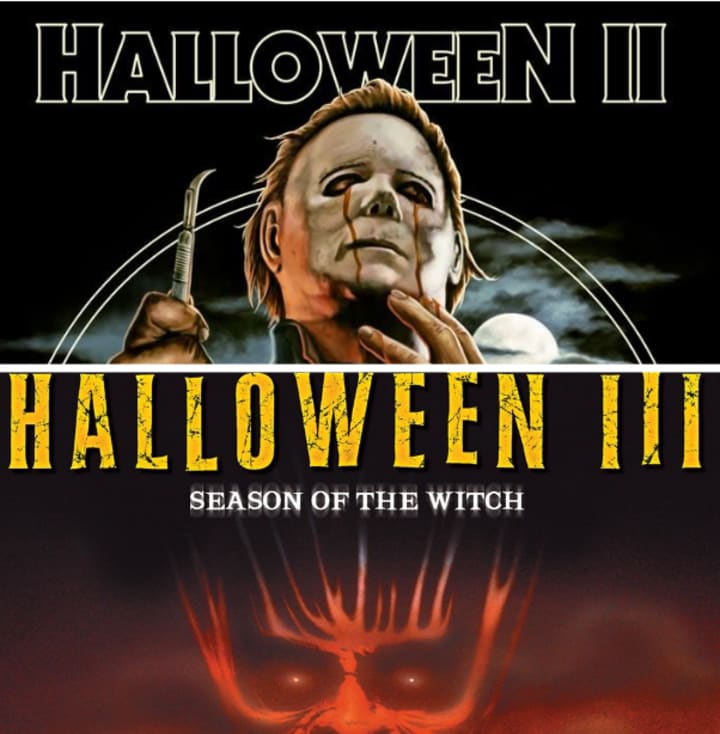
Six years after the release of the third film, a fourth film was developed to revamp the franchise, Halloween 4: The Return of Michael Myers (1988). As its title suggest, the film brings back the iconic central villain Michael Myers, who is now pursuing a young child named Jamie Lloyd, the daughter of his now deceased baby sister, Laurie Strode. The film would prove to be popular with fans and was a moderate success at the box office. The success of the fourth film would lead to a new trilogy within the series. The two films in this mini-trilogy following the fourth film would be Halloween 5: The Revenge of Michael Myers (1989) and Halloween 6: The Curse of Michael Myers (1995), neither of which would match the success of the fourth film.
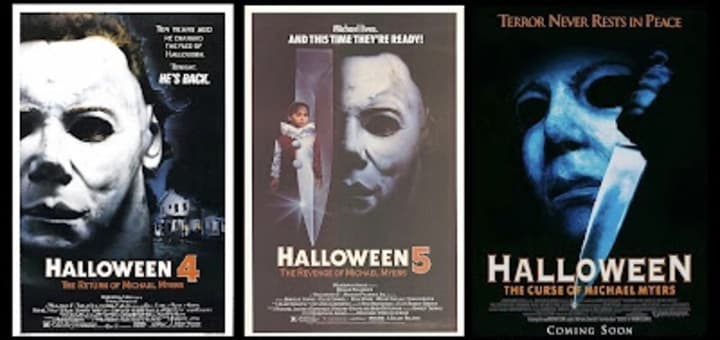
After the underperformance of the fifth and sixth films in the series it seemed clear by the mid to late 90's that Halloween series was done and over, but after the success of the Scream films from Wes Craven in 1996 and 1997, the slasher genre had been given new life and in 1998 Scream screenwriter, Kevin Williamson was hired by Dimension films to co-write and produce a 7th film in the Halloween series, the Steve Miner directed Halloween H20: 20 Years Later. Taking place 20 years after the original Halloween, the film ignores the events of films four through six and picks up where Halloween 2 left off, bringing back Laurie Strode portrayed by Jamie Lee Curtis and continuing her original story. The film would prove to be a large critical and commercial success grossing $75 million worldwide, making it the second most successful film in the series since the original. The success of the film would lead to an 8th entry in the film series being produced, Halloween Resurrection (2002) which also brings back Laurie Strode as the main character and continues the retconned story arc that started with the 7th film. Though not as successful as H20, the film was still a moderate success, though many fans felt like it was an unnecessary film, given the great sense of finality at the end of the 7th film.
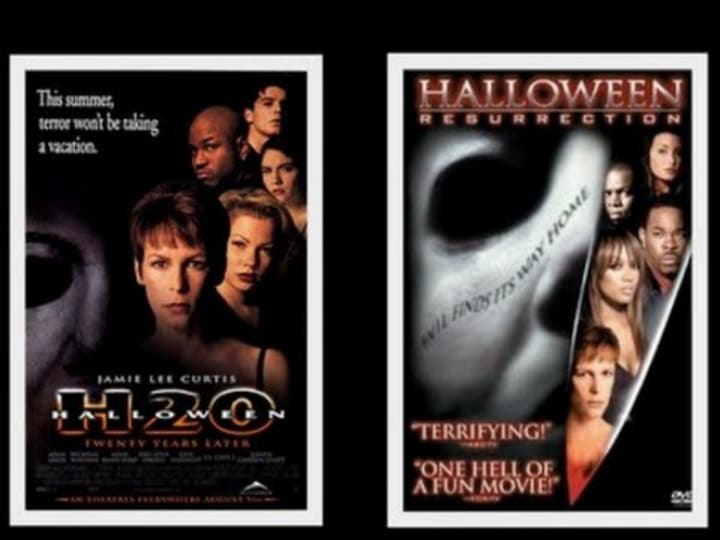
By 2007 the end of the first decade of the early 2000's would see the horror genre producing many remakes of horror classics from the 70's and 80's. One of the earliest remakes would be Halloween (2007), written and directed by Rob Zombie. The film would be a huge success grossing over $80 million at the box office and would lead to Zombie making a sequel, Halloween 2 (2009). Nearly one decade after Rob Zombie's two remakes the age of reboot sequels began and perhaps the most notable reboot that was a direct sequel to a classic film would be Halloween (2018), written and directed by David Gordon Green. This new Halloween would once again bring back Jamie Lee Curtis as Laurie Strode and would once again ignore the events of every previous film in the series that started with Halloween 2 (1981). The film would also prove to be the most critically acclaimed sequel in the series and the highest grossing slasher film ever making over $255 million world wide. Halloween (2018) served as the beginning of what is meant to be the final story arc of the Halloween series and is followed by Halloween Kills (2021) and the upcoming Halloween Ends (2022).
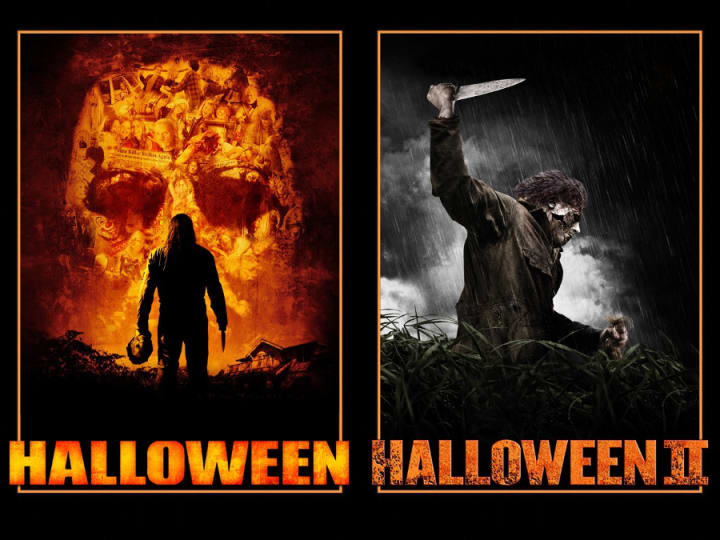
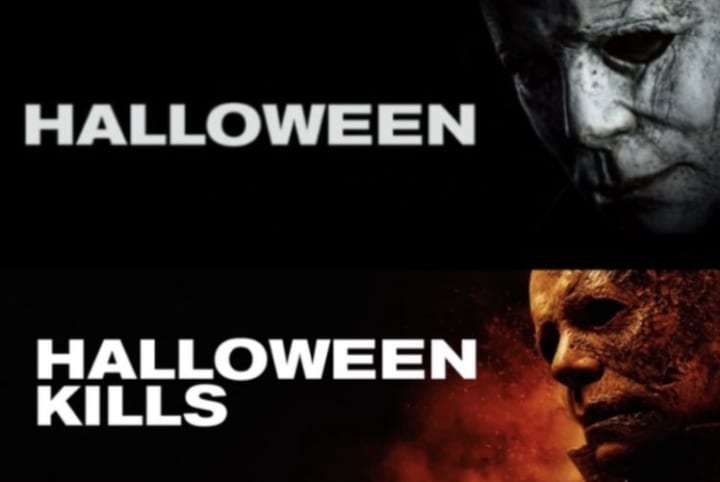
If someone were to ask why Halloween has been a staple on film and pop culture for the past 44 years, the answer would be to look at the roots it planted and how influential those roots have grown since its foundation. When Halloween was born it introduced a style of filmmaking that its generational peers like Friday the 13th and A Nightmare on Elm Street and future generational stories like Scream, among most other films in horror, especially slasher, that have come along since would use as the blueprint to craft a great horror movie. This style came in the form of the fictional small town setting, the expert that everyone ignores until its too late, the considerably average female who becomes the heroic final girl, and of course the charismatic villain who is the bad guy within the story, but a hero to the audience. Michael Myers is without a doubt the most influential slasher icon of all time. He represents the deepest fears of human nature, pure evil without a sense of reasoning, only a heart and mind bent on a bloodlust for destruction.
Though the Halloween series has had a rocky history of sequels, one can certainly not deny the resourcefulness of those sequels. The filmmakers really knew how to add a fresh rebooting take on the series and once it had seemed like that take had run its course they knew how to take their time and cook up something new and enjoyable for both audiences and critics alike. I think it would be safe to say that if anyone wanted to recreate a sense of originality into a long running series, Halloween would be a good frame of reference. Halloween is not only a great slasher film, but also a part of the human consciousness. This film is a metaphor for some of the greatest fears that are interruptions to our societal norms. The understanding of that fear has impacted three generations in 44 years. Halloween Ends is due to hit theaters in just two weeks and though no one is sure whether it will truly be the end, one thing is for sure, the legacy and impact of this series will never end.
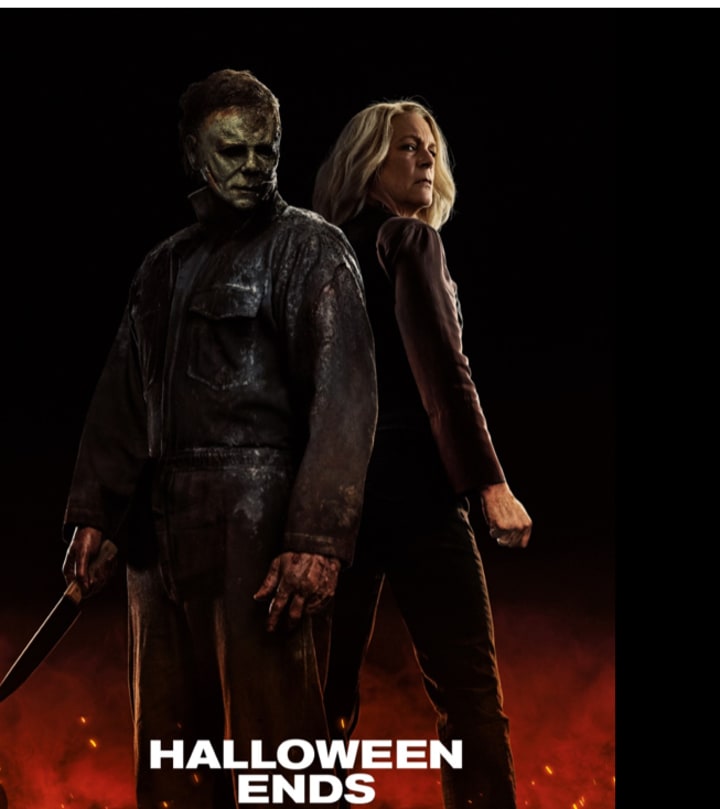
About the Creator
Joe Patterson
Hi I'm Joe Patterson. I am a writer at heart who is a big geek for film, music, and literature, which have all inspired me to be a writer. I rap, write stories both short and long, and I'm also aspiring to be an author and a filmmaker.



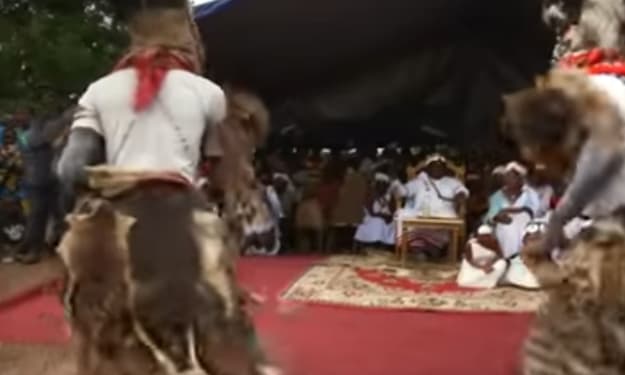


Comments
There are no comments for this story
Be the first to respond and start the conversation.